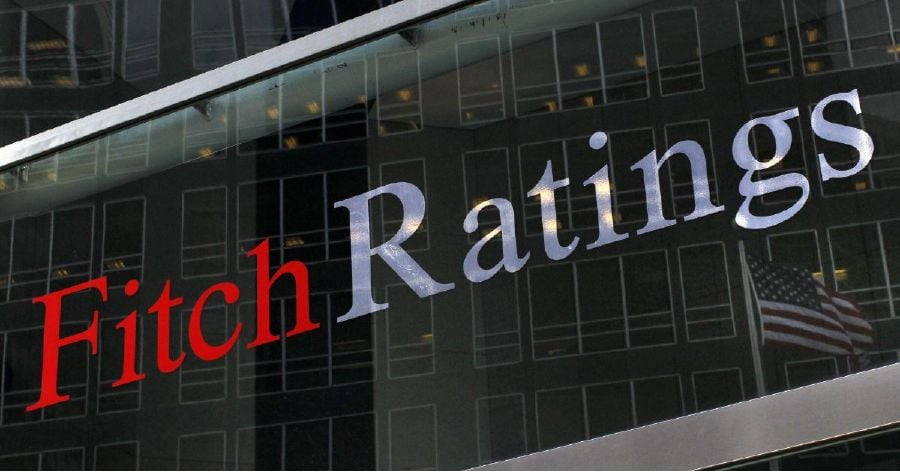KUALA LUMPUR: The agreement between Malaysia and Thailand central banks announced on September 14, 2021 will allow domestic banks from both countries to expand across the two markets, consistent with the trend of bank regionalisation.
In a recent statement, Fitch Ratings said the agreement would not have a significant impact on the competitive landscape of their respective countries' financial sectors.
Further, the rating agency said the agreement, made under the Asean Banking Integration Framework (ABIF), allows up to three banks from each market to operate in the other market, but we expect growth opportunities to be limited.
It said Thailand previously licensed new subsidiary banks during 2013-2015.
"However, all three new entrants from that last round of liberalisation remain small players, with loan market shares of below 0.5 per cent.
"Furthermore, the financial sectors in Malaysia and Thailand are already well-penetrated, with private-sector credit to GDP (gross domestic product) of over 130 per cent as of 2020," it said.
Fitch said the banking sector operating environment score in both countries is 'BBB, which suggests that there are reasonable opportunities for banks to achieve through-the-cycle profitability and that any structural weaknesses are manageable.
However, the agreement is just one part of the regionalisation strategy that both Malaysian and Thailand banks are pursuing.
"We expect that the impetus for the agreement was demand from banks and that there will be more bilateral agreements to come.
"In particular, Thailand is still in ABIF negotiations with Indonesia, the Philippines, and Myanmar – countries that offer good long-term growth prospects, although potentially also at higher risk.
"Malaysia, meanwhile, has already completed its ABIF negotiations with Indonesia and the Philippines," it said.
Fitch said even outside the ABIF process, banks from both countries have already invested regionally.
"However, the agreement offers another expansion avenue at preferential terms for equity requirements and branch restrictions than a normal foreign-bank license," it added.

















